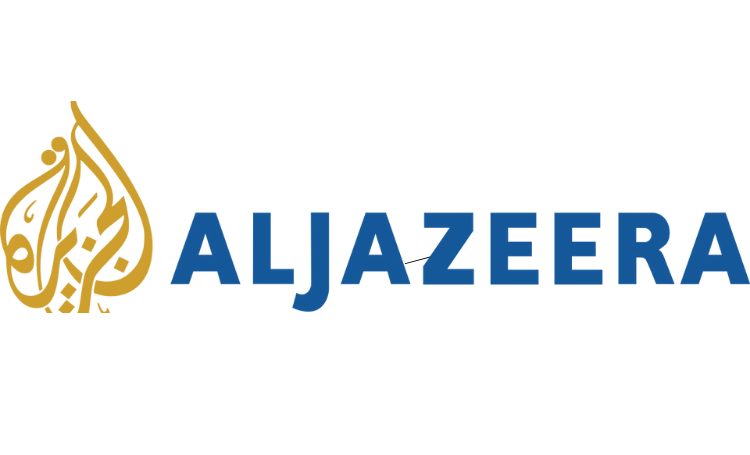Nerea Belmonte
Atalayar, Apr. 16, 2022
“Al Qaeda jihadist leaders, such as Osama bin Laden, earned him a reputation as a channel for disseminating information about Islamist groups in the Western world after 11 September 2001.”
Surrounded by historical adversaries Iran and Saudi Arabia, in the middle of the Persian Gulf, the small state of Qatar has devoted all its efforts in recent decades to building an Arab-Muslim leadership that goes beyond the regional scene and reaches across the international chessboard. This strategic and profuse diplomatic pivot began with the rise to power of Emir Hamad bin Khalifa, a member of the Al Thani dynasty, who overthrew his father, Khalifa bin Hamad, in a peaceful coup d’état in 1995. Following the Sheikh’s abdication in 2013, his son and heir, Tamim bin Hamad, has decided to continue his predecessor’s roadmap.
In this regard, Doha has maintained close cooperation with the US. Its diplomatic and foreign policy strategies with the US giant led Washington to install the largest of its military bases in the region, home to the US Central Command (CENTCOM) in the Middle East and Central Asia. Similarly, the so-called ‘ball diplomacy’, which has used football to project the image of an advanced and moderate Islamic Qatar, has ultimately led to it becoming the host of the FIFA World Cup, Qatar 2022.
Both Hamad bin Khalifa and his son, Tamim bin Hamad, have worked to distance Doha from Saudi influence and consolidate it as an independent regional power, with projection throughout the Arab world, challenging the status quo in the Middle East through ‘soft power’. A diplomatic model based on enhancing a country’s ability to persuade others through culture, political values or social model. In short, to influence other states. And this is something that Qatar has been doing since 1996 with the television channel Al Jazeera.
To view the original article, click here


